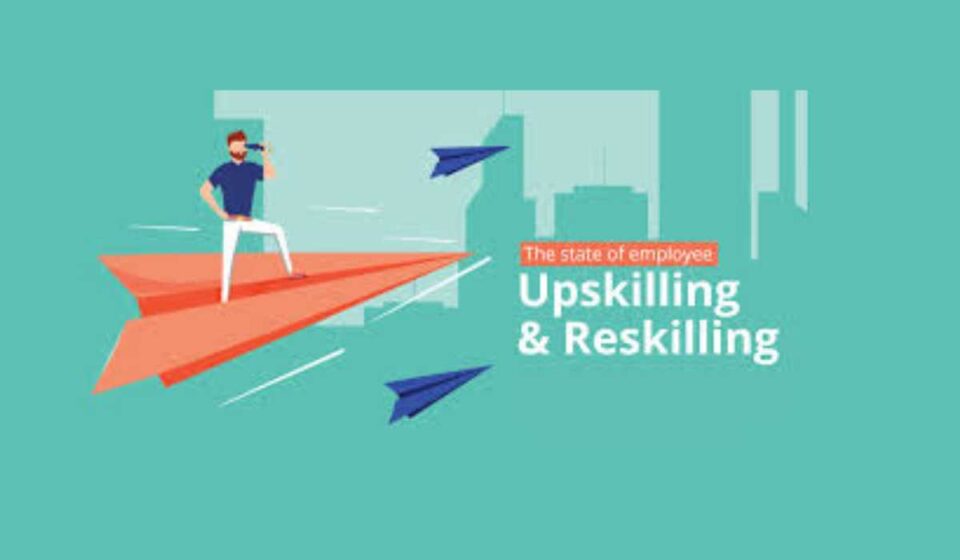The rapid pace of technological change is reshaping industries worldwide, forcing many workers to reskill or upskill to keep up with evolving demands. Automation, artificial intelligence, and digital transformation are introducing new job roles while making some existing ones obsolete. As industries shift, skill gaps are widening, particularly in sectors like information technology, manufacturing, and healthcare. According to a recent World Economic Forum report, around 50% of all employees will need reskilling by 2025. This skill gap highlights the urgent need for employees to acquire new competencies to remain competitive in the job market.
Many companies recognize this need and are investing in employee development programs to bridge skill gaps within their organizations. Tech giants like Amazon, for example, have launched initiatives such as the “Amazon Upskilling 2025” program, which aims to equip hundreds of thousands of employees with new skills suited for high-demand roles in fields like software engineering and cloud computing. PwC has also invested heavily in upskilling, dedicating $3 billion toward building digital skills across its global workforce. These programs reflect a growing trend among large corporations to prioritize workforce development as a strategic business imperative.
Data suggests that upskilling and reskilling initiatives have tangible benefits for both employees and organizations. For employees, acquiring new skills can lead to higher-paying, more stable positions and long-term career growth. For employers, an upskilled workforce contributes to increased productivity, greater innovation, and a more resilient business. Research by LinkedIn found that companies with effective upskilling programs experienced 30% lower employee turnover rates. By investing in continuous learning, businesses can create a culture that values adaptability, which is essential in today’s rapidly changing environment.
Despite these benefits, many companies still face challenges in implementing effective upskilling and reskilling programs. Barriers such as budget constraints, lack of time, and insufficient training resources can hinder development efforts. Additionally, some businesses struggle to align their training programs with the skills that will be most relevant in the future. To overcome these obstacles, organizations must adopt a forward-looking approach, focusing on building skills that will remain valuable as technology continues to evolve. Investing in versatile skill sets—such as data analysis, critical thinking, and digital literacy—can help ensure that employees are prepared for a variety of future roles.
Ultimately, upskilling is no longer optional; it’s crucial for long-term career stability and the success of modern businesses. As the world shifts toward a more technology-driven economy, workers and companies alike must embrace continuous learning as a core principle. By promoting upskilling, organizations not only empower their workforce to adapt but also position themselves to thrive in an increasingly competitive landscape. Continuous learning fosters resilience, innovation, and adaptability, helping businesses and employees stay ahead in a world where change is the only constant.


